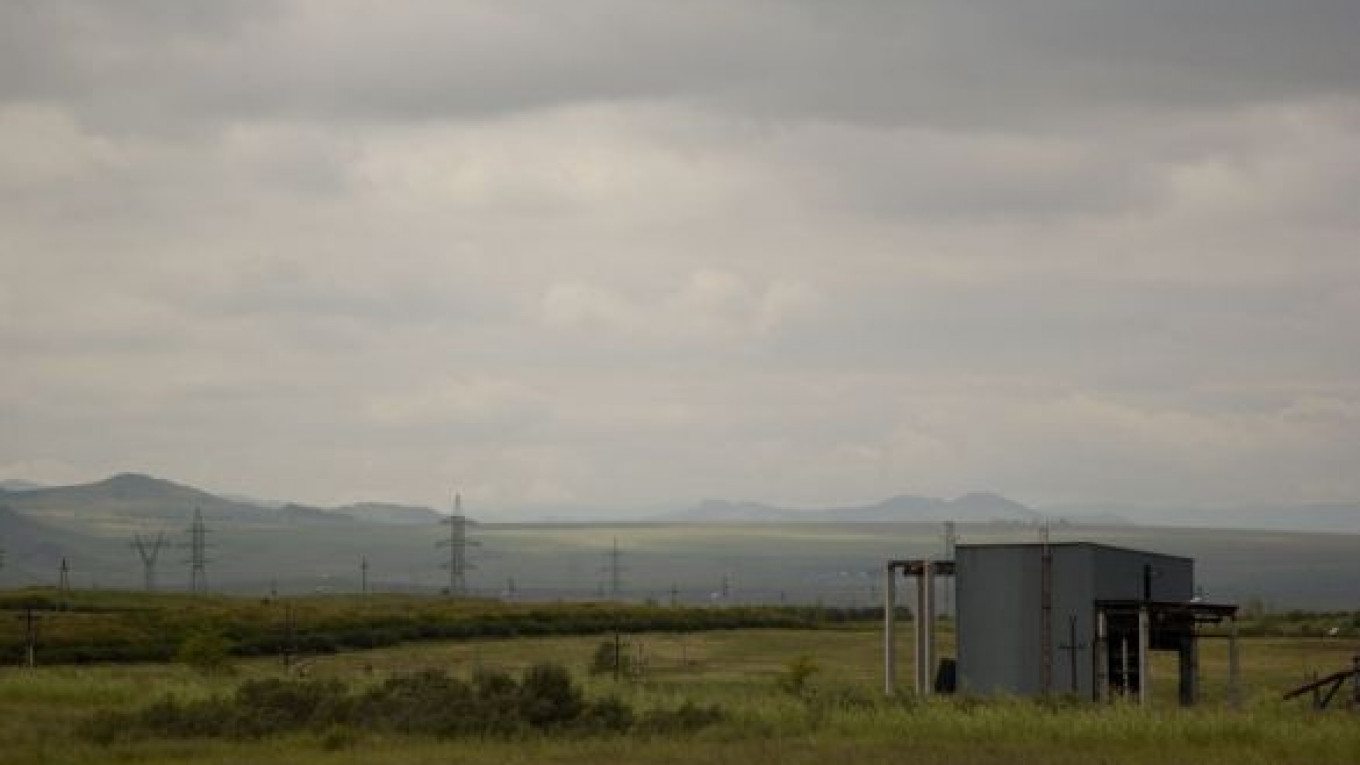Following the decision to freeze state-owned monopolies’ prices, a new government proposal orders the companies to cut third-party supply costs and salaries while urging them to keep the investment programs at previously declared levels.
Last year the prices set by state monopolies, including those supplying gas, electricity and railway services, went up by 15 percent.
In September authorities made the first attempt since 1999 to limit price hikes and agreed to freeze them for 2014.
The monopolies were quick to give their view of the consequences. Russian Railways claimed that the company’s investment program, which foresaw spending of 360 billion rubles ($11 billion) in 2014, could be cut by as much as a one-third. Gazprom calculated that it would lose 500 billion rubles ($15.5 billion) in revenues.
Only Russian Grids, which has been frequently chastened for high electricity prices, said that putting a limit on price hikes would serve as an additional drive to increase operational and investment efficiency.
That efficiency is exactly what is being called for in a proposal presented to the cabinet by the Economic Development Ministry, Vedomosti reported.
The proposal, which has yet to be agreed with all the relevant government ministries, directs Gazprom, Russian Railways, Russian Grids and Rosenergoatom to keep the volumes of their investment programs at current levels while cutting down on procurement costs.
It is necessary “to lower third-party supply costs for the 50 most important items by not less than 10 percent compared to 2013 prices,” a document said.
Moreover, the monopolies are urged to exclude affiliated companies from their orders list, to run tenders and demand discounts for long-term contracts.
The ministry also recommends that Russian Railways and Russian Grids lower their salary expectations for next year.
Salaries are the biggest item on Russian Railways' expenditure list. Last year the company needed almost 650 billion rubles to cover its payroll, a 9 percent increase from 2011.
Gazprom's payroll expenditures grew by 19 percent last year, while Russian Grids increased salary spending by almost 3 percent.
But saying that, in the worst case scenario, the government is willing to help monopolies retain their financial stability.
“If necessary, the government can restructure their debts with the funds attracted from the federal budget, the National Welfare Fund and pensions,” the document said.
A Message from The Moscow Times:
Dear readers,
We are facing unprecedented challenges. Russia's Prosecutor General's Office has designated The Moscow Times as an "undesirable" organization, criminalizing our work and putting our staff at risk of prosecution. This follows our earlier unjust labeling as a "foreign agent."
These actions are direct attempts to silence independent journalism in Russia. The authorities claim our work "discredits the decisions of the Russian leadership." We see things differently: we strive to provide accurate, unbiased reporting on Russia.
We, the journalists of The Moscow Times, refuse to be silenced. But to continue our work, we need your help.
Your support, no matter how small, makes a world of difference. If you can, please support us monthly starting from just $2. It's quick to set up, and every contribution makes a significant impact.
By supporting The Moscow Times, you're defending open, independent journalism in the face of repression. Thank you for standing with us.
Remind me later.






